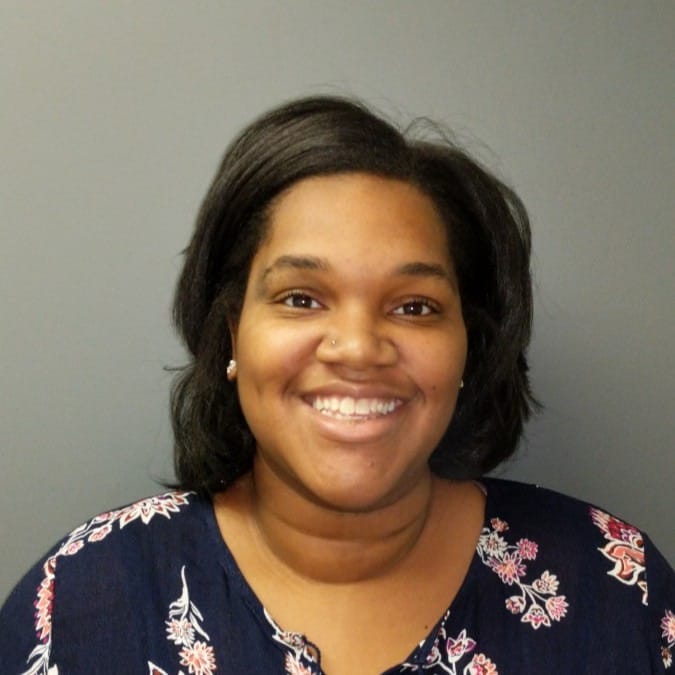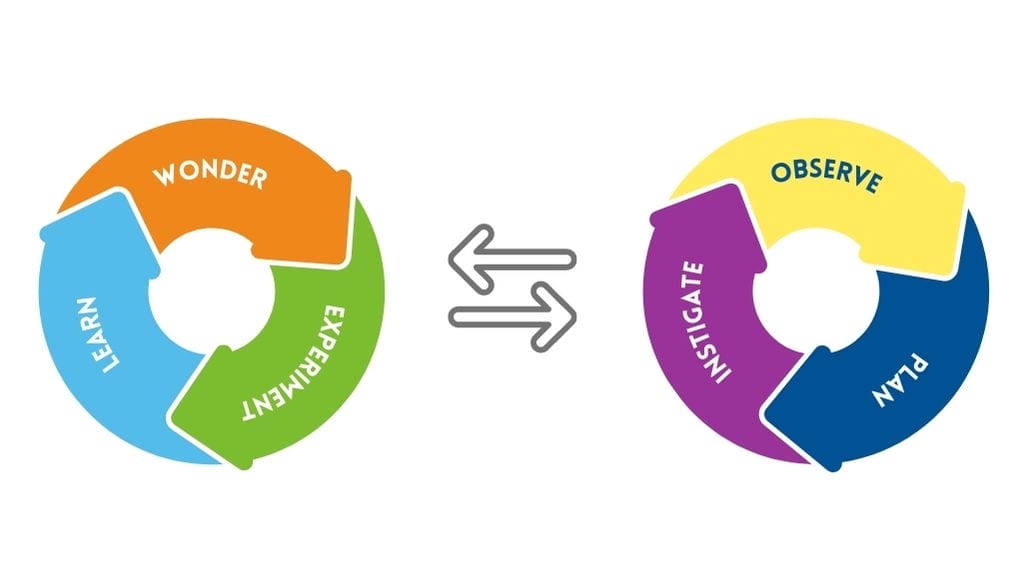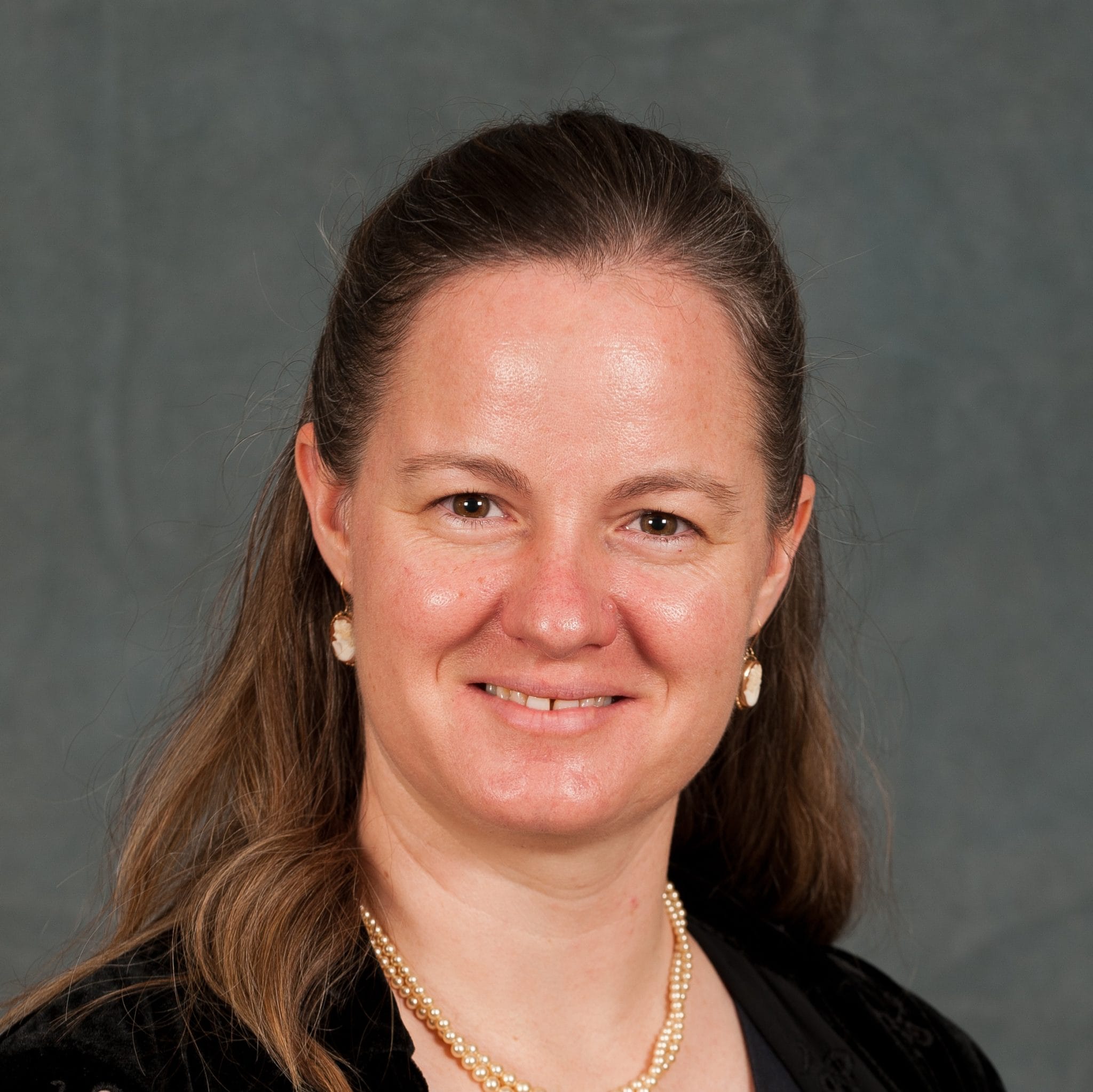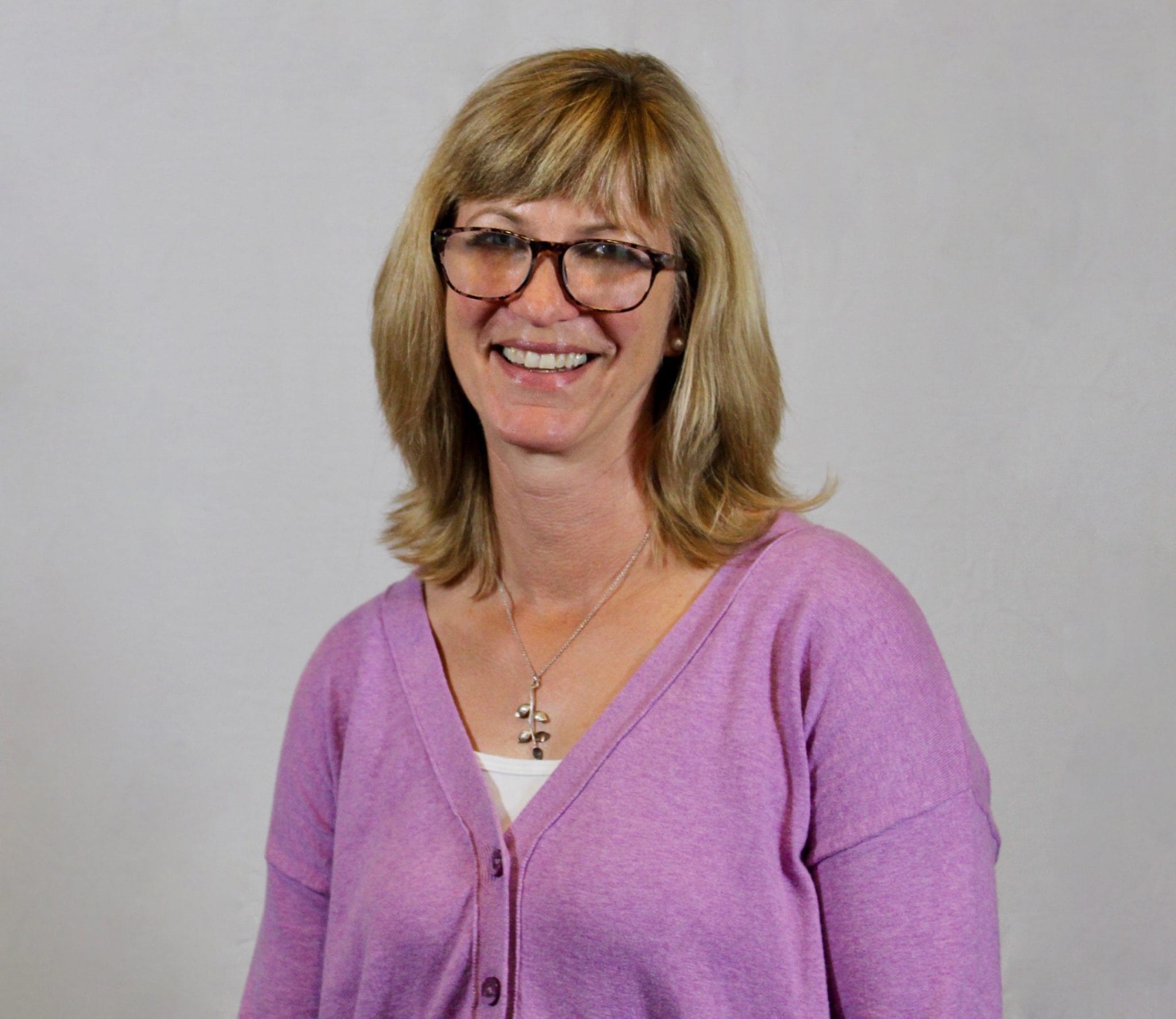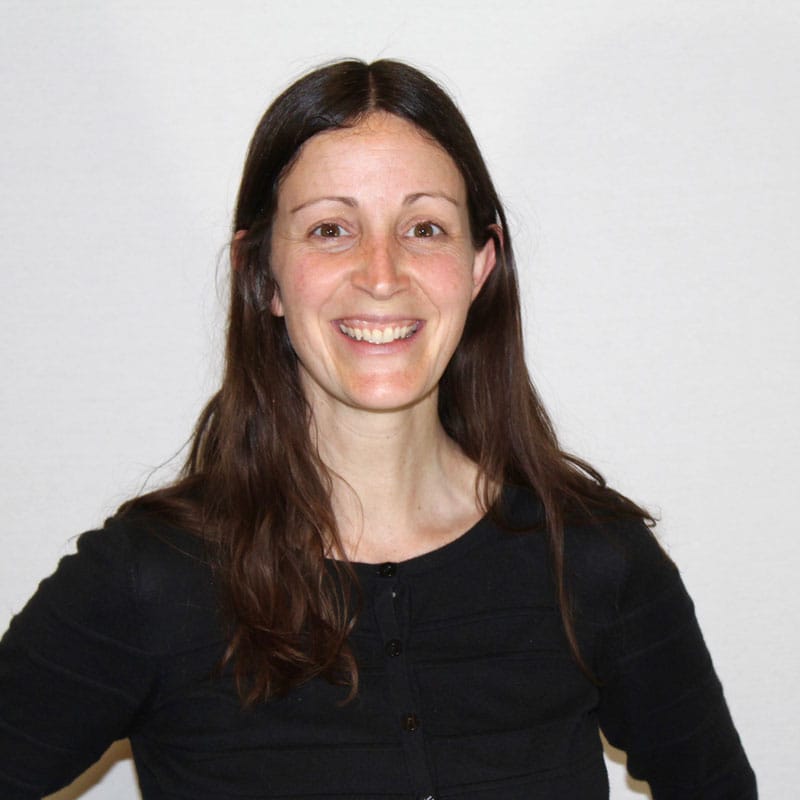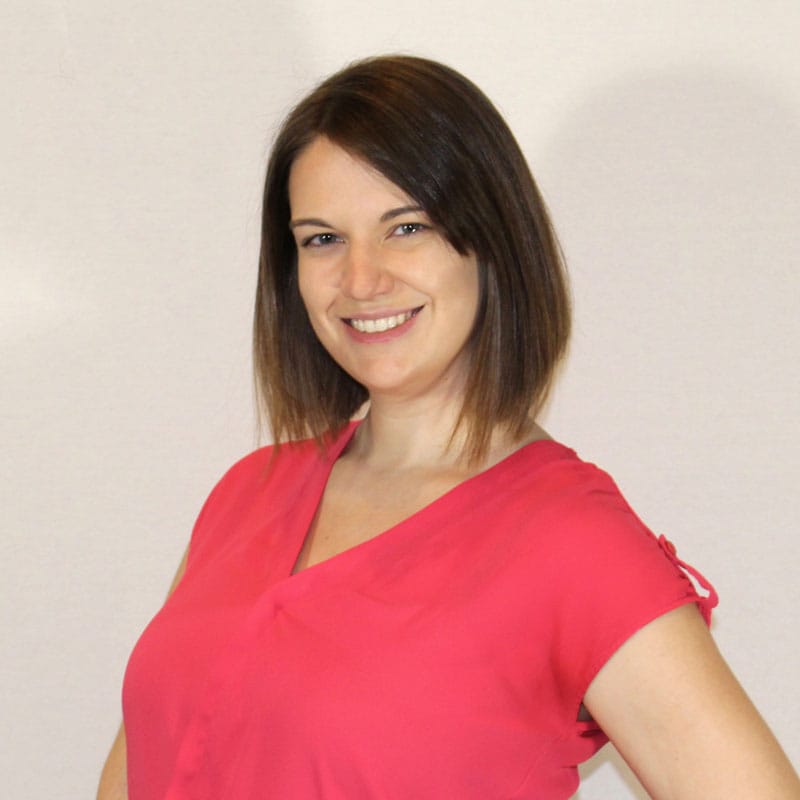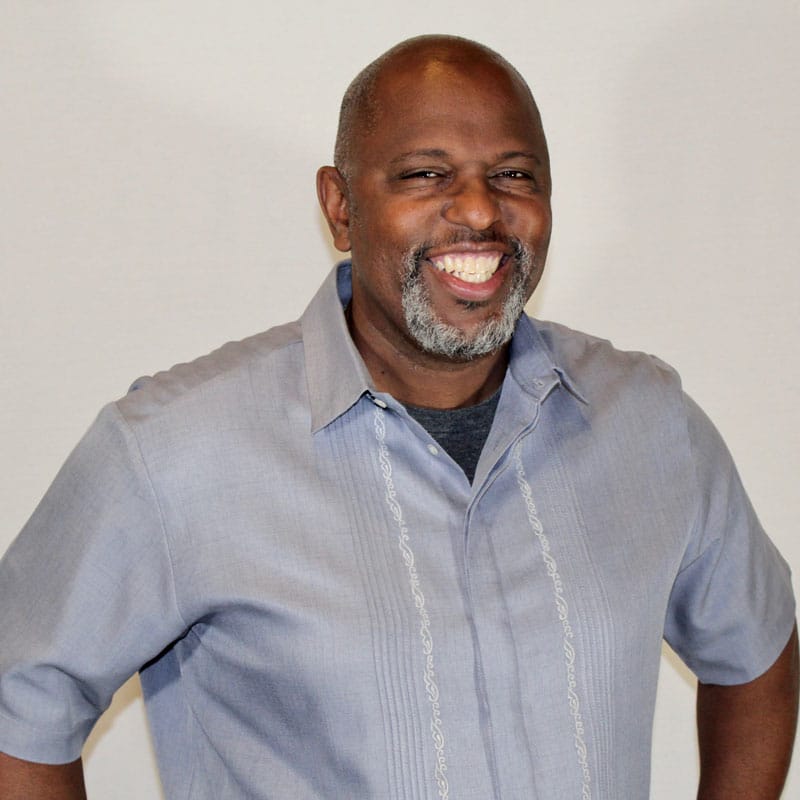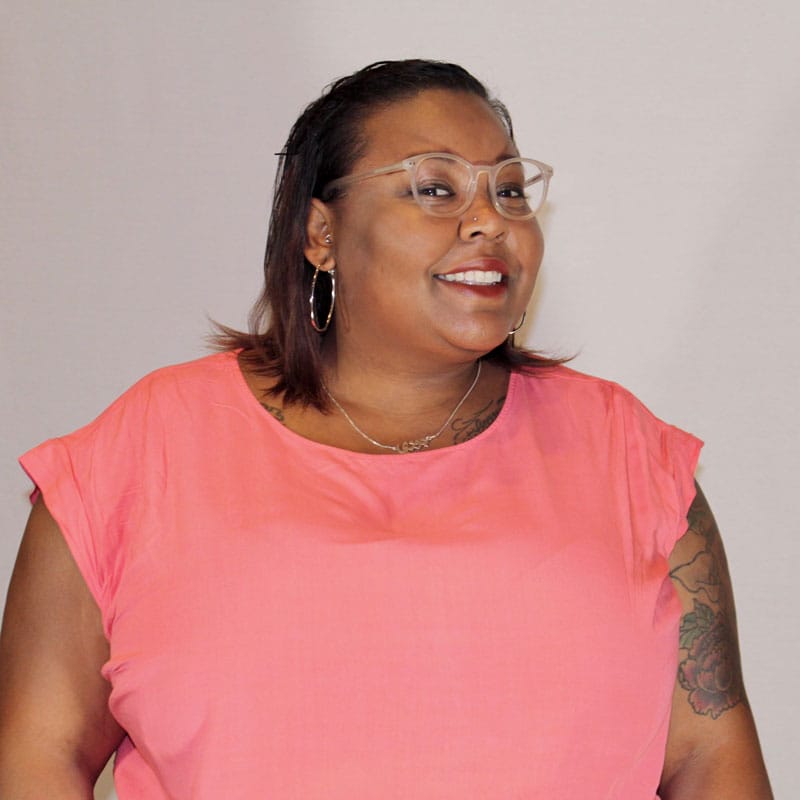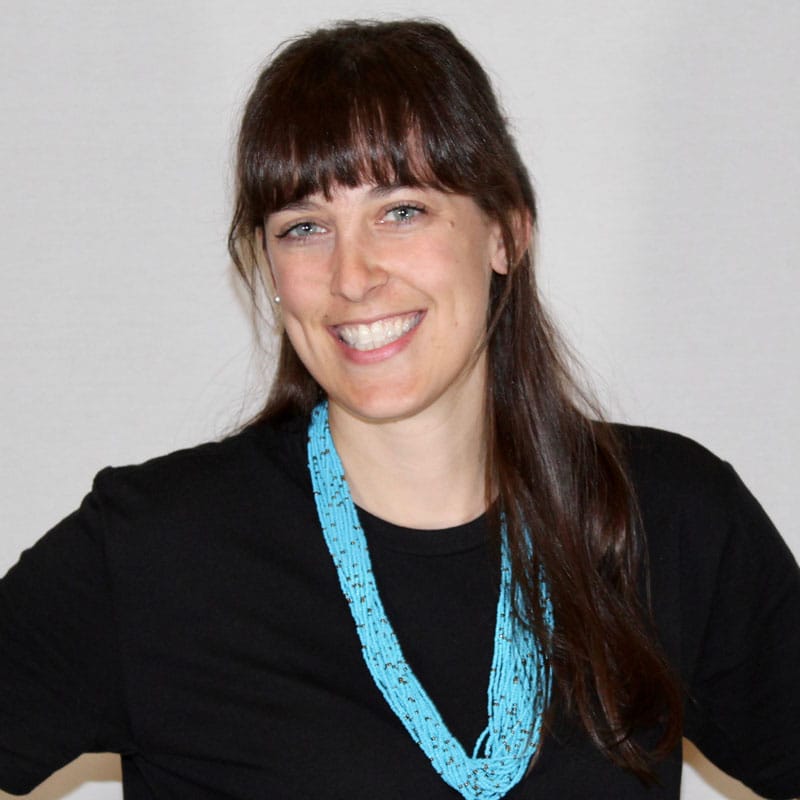April 28, 2016
(Photo credit: Center for Inspired Teaching)
This piece was written by Katherine Douglas Kindle, an alum of the Inspired Teaching Institute and an Institute Teacher Leader in 2012. Katherine has more than a decade of teaching experience in both the United States and abroad. Currently, she is the high school Case Manager for Learning Support at an international school in Bogota, Colombia.
A few weeks ago, I had the privilege of teaching 18 high school students about the concept of growth mindset. These were students who had opted out of our school’s “classroom without walls” travel week, so I was hoping to provide them with a learning experience that would be outside the norm of their usual routine at school. I was supposed to be teaching them about how to be successful in life after high school, and I thought if I could get them excited about the possibilities inherent in developing a growth mindset, then we might have some fun exploring a new topic together.
It was a huge learning opportunity for me, offering a chance for reflection and demanding that I continue to cultivate my own growth mindset. Recently, there have been big pushes to focus on both character education and growth mindset in schools. I don’t think either topic can be taught in isolation or through standard lesson plans; each needs to be cultivated through the very fiber of how schools operate.
What is a growth mindset? A growth mindset is the belief that the brain is malleable and that through effective practice and hard work, we can get smarter and develop our abilities. The question that Professor Carol Dweck set out to explore is why do some people seem to develop this kind of mindset while others don’t? This has been a question that has popped up in my special education career over and over again. Why do some of my students seem to develop resilience in the face of obstacles (and a viewpoint that allows them to continually take on new challenges) while other students seem to develop learned helplessness and low self-esteem instead? Those students are potentially sitting in the same classroom and getting the same kinds of support, so what’s the deal? How do we teachers help all students become resilient and self-confident both in our classrooms and out in the world?
I had my group of 18 students for 160 minutes a day for six days, and by day three, they were tired of talking about the brain. I was borrowing from Professor Dweck’s curriculum and knew that the foundation for developing a growth mindset is understanding how the brain works. (In order to believe you are capable of becoming smarter, you have to understand that when you practice and learn new things, your brain builds new neural pathways and grows more neurons.) I did everything I could to make the material interesting, relevant, and interactive but there’s just so much leverage you can get out of talking about neurons. Rather than spending too much time teaching students the mechanics of their brains and strategies for shifting their thinking (both of which are valuable to a point), I believe it is even more effective to focus on a teacher’s our own teaching practice and how our feedback, grading, and opportunities for learning are emphasizing a growth mindset.
In our discussion, one of my students commented that in a classroom, he is typically given one opportunity to learn something, and then he receives a grade. The message here is you either get it or you don’t. You succeeded or you failed. There isn’t any room for trying again or working at something until you do get it. My favorite word in education is “yet.” How do we design classroom opportunities and feedback systems that communicate to students that while they haven’t mastered a skill or concept yet, it is important to us that they will get there eventually, and we teachers are here to support them in that journey?
In my 9th grade English class, we have devised a grading scheme that allows students to see their progress as they are practicing a new skill, but in the end bases their grade only on their achievement at the time of reporting. This allows us to share student progress along the way, but not penalize students for practice rounds. It acknowledges that a student may fail at something repeatedly before they get it – and that’s ok.
There is a lot of research about how to provide feedback that supports learning and hence a growth mindset. The biggest lesson here is to emphasize the process and effort rather than intelligence. So, instead of “great work,” we might say “I see that you were able to bring your characters to life after working hard on creating realistic dialogue.” Or rather than telling a student that something is wrong or not meeting expectations, we can ask questions that invite them to engage in the process of working at something: “How might you bring these characters to life through the use of dialogue?” rather than “your characters are flat.” One caveat I would like to add as a special educator is that the message has to be more than simply “work harder.” There are many students work really hard and are still not yet experiencing success. Maybe that’s because the instruction isn’t best paired to their needs or readiness. To only give the message that students could be successful and smarter if they just worked harder sets many students up for failure and delivers the message that they’re just not smart enough or capable enough to succeed.
My little experiment in teaching growth mindset didn’t deliver the results I was hoping for, but it did teach me some valuable lessons. A little bit of teaching about the mechanics of the brain and how it works under different circumstances is useful. But after that trial, I’m going to spend my time focusing on creating experiences for my students that invite them to keep working at something challenging, with the right supports, until they experience success. Rather than talking a blue streak about how students would do better if they would just shift their mindsets, I’m going to try and show them how their mindsets are changing as they work hard and experience both failure and success. And I’m going to keep cultivating my own craft as I learn how to better provide student feedback that leads to growth and learning.

